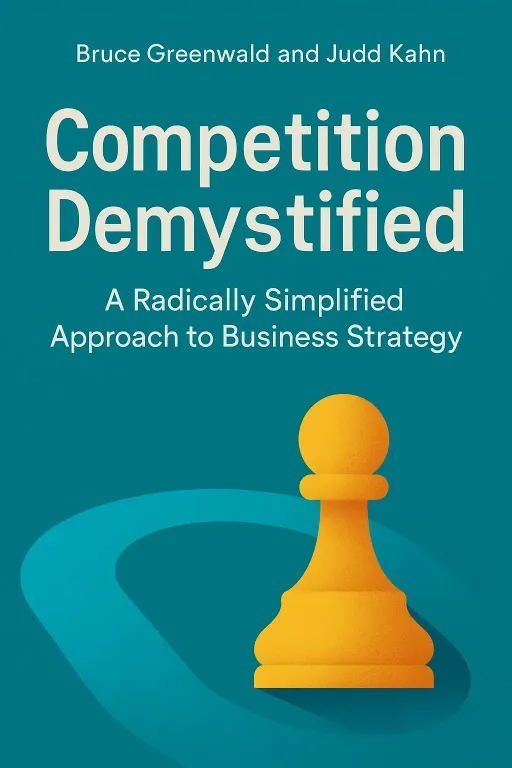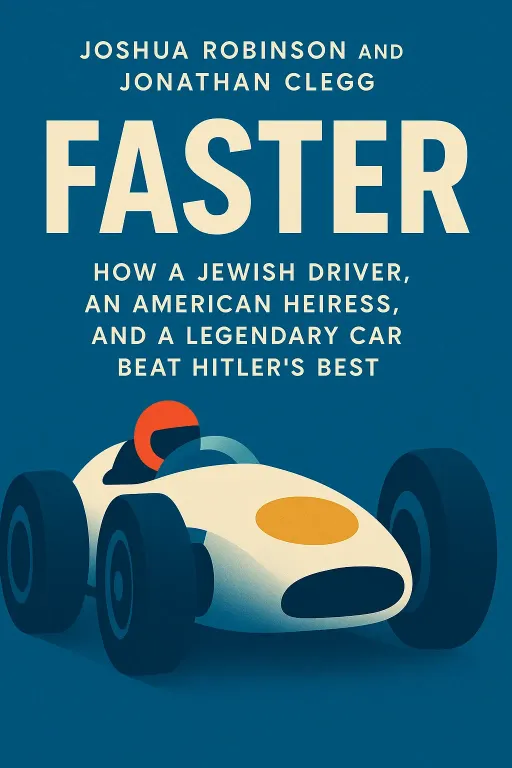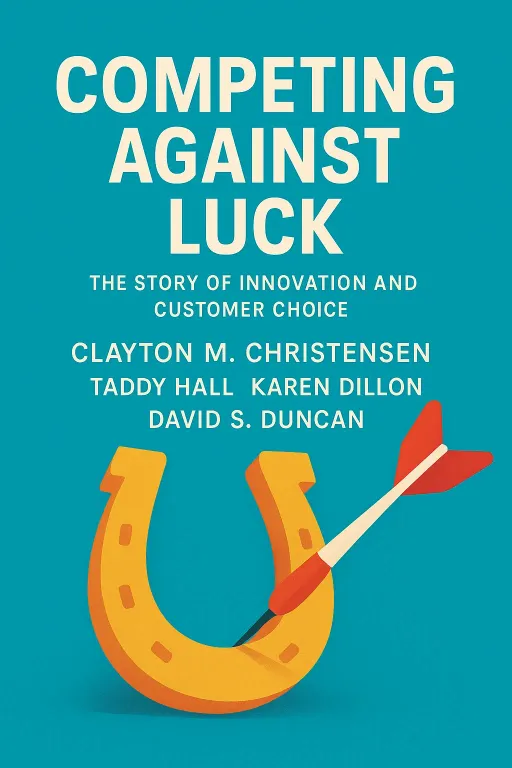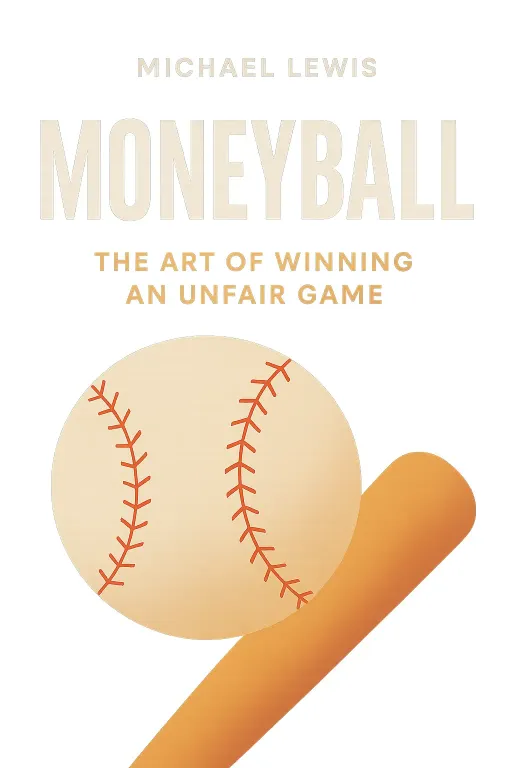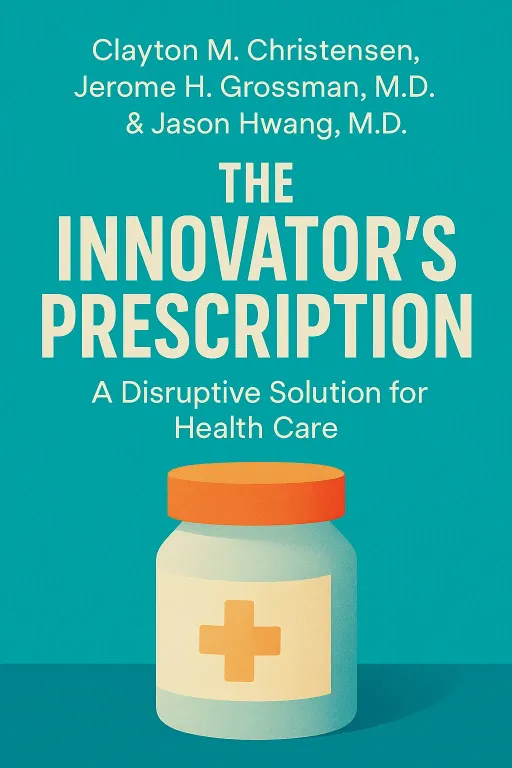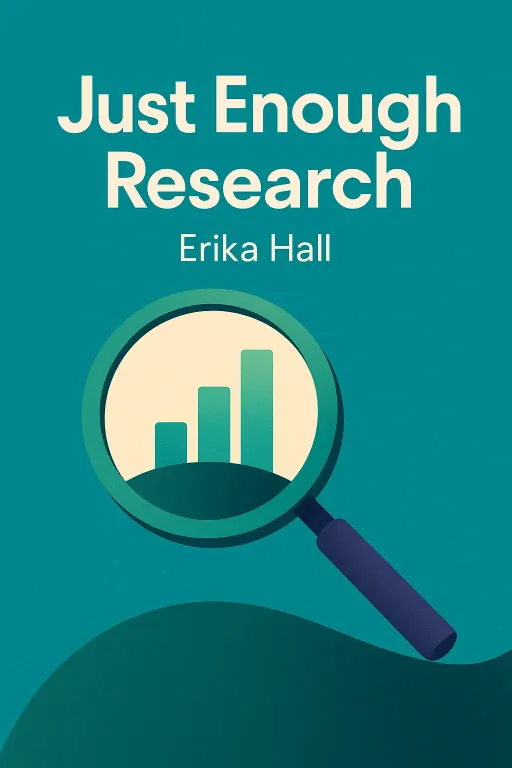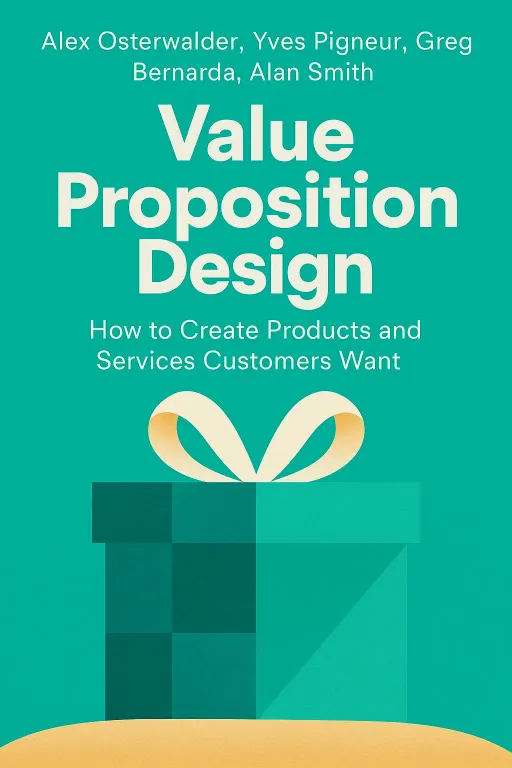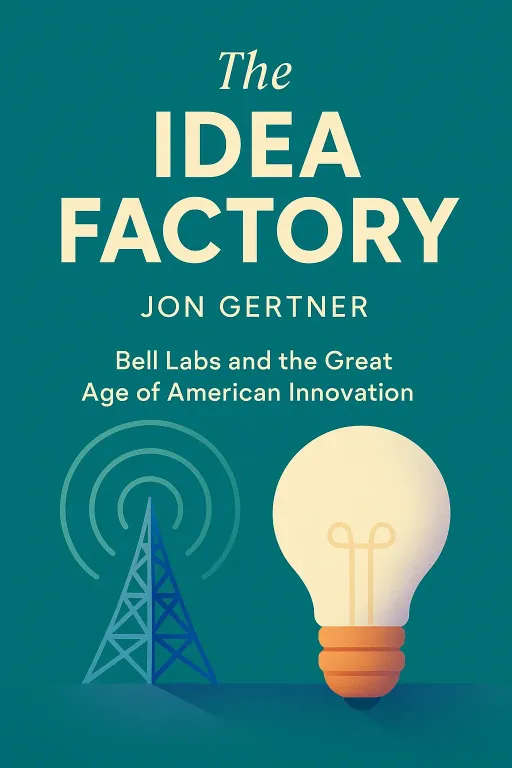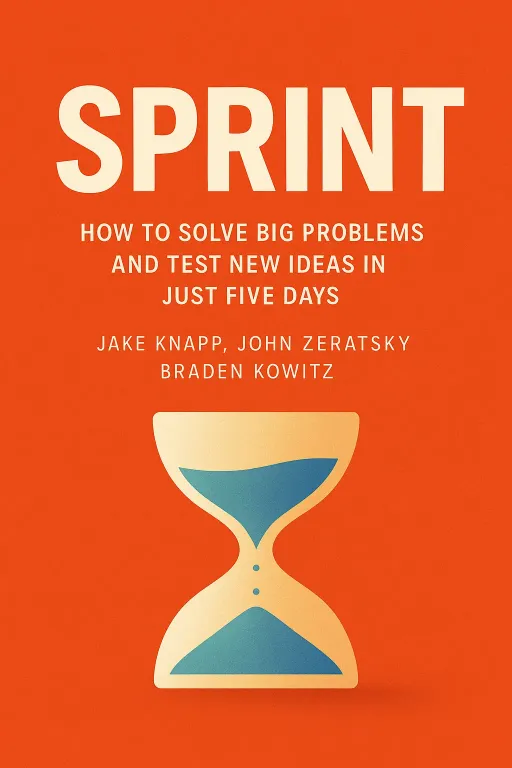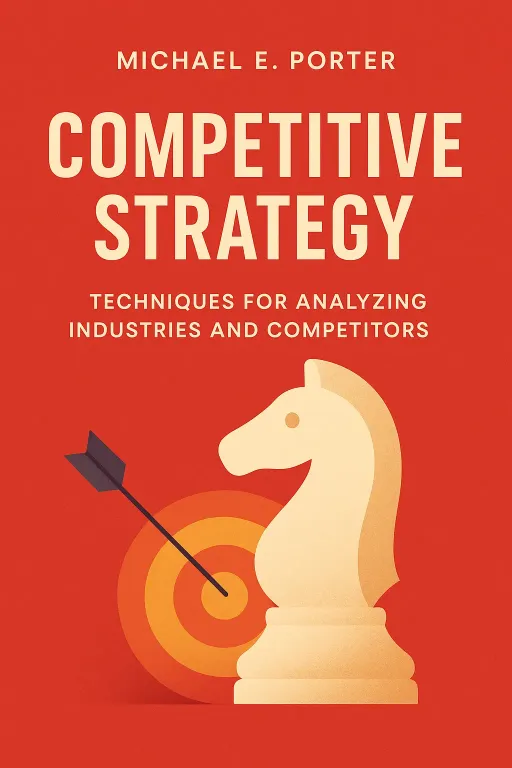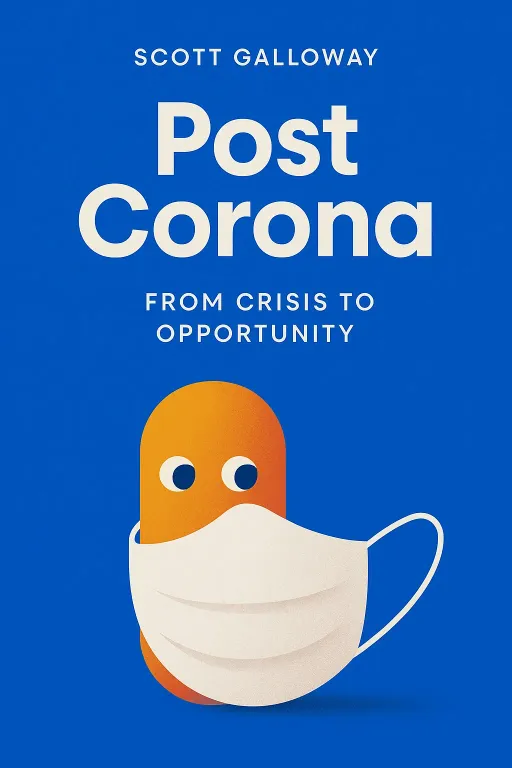
Fast-Forward to Inequality
10 minFrom Crisis to Opportunity
Golden Hook & Introduction
SECTION
Joe: In early 2020, US e-commerce grew as much in eight weeks as it had in the previous ten years. A full decade of change, compressed into the time it takes to watch a season of a new TV show. Lewis: Whoa, hold on. A decade in two months? How is that even possible? It feels like time itself got warped. Joe: That’s the perfect way to put it. And it’s the central question in Scott Galloway's book, Post Corona: From Crisis to Opportunity. He argues the pandemic wasn't a change agent. It was an accelerant. Lewis: And Galloway is the perfect person to tackle this. He's not just an academic; he's a high-profile marketing professor at NYU who's also founded nine companies himself. He’s seen this from both the ivory tower and the trenches. Joe: Exactly. He has this unique lens. He’s not just looking at spreadsheets; he’s looking at strategy, society, and the stories we tell ourselves. And his core argument is that the future didn't change course—it just arrived ahead of schedule. Lewis: Okay, so it’s like the pandemic hit the nitrous button on a car that was already speeding down a specific road. Joe: A perfect analogy. And that's our first big idea: The Great Acceleration.
The Great Acceleration: A Decade in Eight Weeks
SECTION
Lewis: So unpack that for me, Joe. What does this 'Great Acceleration' actually look like beyond that wild e-commerce stat? Joe: Well, the e-commerce story is the most dramatic example. For twenty years, online retail's market share grew at a steady pace, about one percent a year. By early 2020, it was at 16 percent. Then, in just eight weeks of lockdown, it shot up to 27 percent. A decade of growth in the blink of an eye. Lewis: Wow. So all those people who were holding out, still going to physical stores, were just forced to jump online all at once. Joe: Precisely. But it wasn't just shopping. Look at the stock market. Galloway points out something fascinating. Investors stopped valuing companies based on their 2020 performance and started valuing them based on their 2030 potential. Lewis: What do you mean by that? Joe: Think about Tesla. During the pandemic, it became the most valuable car company in the world, worth more than Toyota, Volkswagen, Daimler, and Honda combined. Were they selling more cars? No. But investors looked at the accelerated shift to electric vehicles and remote work, and they essentially fast-forwarded their valuation by a decade. Same with Apple, which took 42 years to reach a $1 trillion valuation, but then only 20 weeks to jump from one to two trillion. Lewis: That’s incredible. But I have to ask, did this acceleration apply to the bad stuff, too? It can't all be soaring tech stocks and convenient package delivery. Joe: That's the dark side of the acceleration. Galloway provides some sobering data. In the first three months of the COVID recession, the U.S. lost 13% of its jobs. During the Great Recession, it was 5% over two years. And the pain was not distributed equally. Lewis: Let me guess, it hit lower-income folks the hardest. Joe: By a long shot. Almost 40% of households earning less than $40,000 a year had someone laid off or furloughed. For households earning over $100,000, that number was only 13%. So the existing trend of economic inequality also hit the fast-forward button. Lewis: That’s a huge divergence. It sounds less like a shared acceleration and more like a great separation. Joe: And that brings us to Galloway's second, and much more brutal, core idea: The Culling of the Herd.
The Culling of the Herd: Big Tech's World
SECTION
Lewis: 'The Culling of the Herd.' That sounds grim. And it seems to contradict what we were hearing in the news. The stock market was booming, right? How can businesses be getting 'slaughtered' if the S&P 500 is hitting all-time highs? Joe: That's the paradox Galloway unpacks so well. He says that looking at the S&P 500 was like looking at a beautiful, healthy person, but ignoring the fact that they have a life-threatening disease. The index was being propped up by a handful of mega-companies. Lewis: The usual suspects, I assume? Apple, Amazon, Google... Joe: Exactly. The Four, as he calls them in his other work. While the S&P 500 was slightly positive for the year by mid-2020, mid-cap companies were down 10%, and small-cap companies were down 15%. He uses a powerful quote: "The weak are not merely falling behind, they are being slaughtered." Lewis: But why? What was the secret sauce for the big guys? Was it just about being an online business? Joe: That was part of it, but it's deeper. Galloway points to two key things: cash and cost structure. He says in a crisis, "cash is king, and cost structure is the new blood oxygen level." Companies like Ann Taylor or J.C. Penney were saddled with huge fixed costs—rent for thousands of stores, employee salaries. When revenue dried up, they had nowhere to go. Lewis: They were tied to an anchor. Joe: A perfect way to put it. Now, compare that to a company like Airbnb or Uber. They have what Galloway calls a "variable cost structure." They don't own the cars or the apartments. When demand plummets, their biggest costs—payments to drivers and hosts—also plummet. They can scale down almost instantly. Lewis: Huh. That’s a gangster move, as Galloway would say. It’s a business model built for resilience in a crisis, even if it has its own ethical issues. Joe: Absolutely. And the other factor was cash. The big tech firms were sitting on mountains of it. They could weather the storm, and even go on the offensive, acquiring smaller, struggling companies at a discount. Meanwhile, companies that had spent the last decade using their profits on stock buybacks to inflate their share price suddenly found themselves with no rainy-day fund. Lewis: Which brings us to the bailouts. It feels like the weak companies were allowed to fail, unless they were big and connected enough to get a government handout. That feels… rigged. Joe: It does. And that feeling of a rigged system is the entry point to Galloway's most provocative and powerful argument: his critique of the Broken Commonwealth.
The Broken Commonwealth: Capitalism on the Way Up, Socialism on the Way Down
SECTION
Lewis: Okay, so this is where it gets really spicy. What does Galloway mean by "Capitalism on the way up, socialism on the way down"? Joe: He argues that America has embraced a toxic hybrid system. When things are going well, we celebrate rugged individualism and capitalism. Entrepreneurs get rich, and we praise them as innovators. But the moment those same companies face a downturn, especially if they're big and well-connected, they demand government bailouts. We privatize the gains and socialize the losses. Lewis: That’s infuriating. And the story of the airline industry from the book is the perfect, blood-boiling example. Joe: It really is. Galloway points out that from 2010 to 2019, the major U.S. airlines spent 96% of their free cash flow on stock buybacks. Lewis: Ninety-six percent! They basically took all their profits and used them to pump up their own stock price, which in turn inflates executive bonuses. Joe: Precisely. They didn't save for a rainy day, they didn't invest more in their employees, they didn't build a resilient business. They optimized for short-term shareholder and executive wealth. Then, the moment the pandemic hit and travel stopped, they were the first in line with their hands out, begging for a taxpayer-funded bailout. Lewis: It's a system of heads, they win; tails, we lose. It’s cronyism. Joe: That's exactly his point. And he contrasts this with the idea of shared sacrifice. He talks about World War II, when patriotism meant planting victory gardens and buying war bonds. Now, he says, patriotism has been twisted into stimulus checks and bailouts. He has this one quote that just hits you in the gut: "We are fighting an enemy three times as lethal to our population as the Axis powers, yet Americans don’t want to wear masks and expect the government to send them more money. Resistance to sacrifice and dismissal of community is framed as 'liberty.'" Lewis: Wow. That really reframes the whole debate. It’s not about economics anymore; it’s about character. So, given this pretty bleak picture of a rigged system, what does Galloway say we, as regular people, can actually do about it? Joe: He offers a few powerful recommendations, but they all boil down to one central idea: we have to start taking government seriously again.
Synthesis & Takeaways
SECTION
Lewis: Take government seriously? After he just laid out how it’s been co-opted by cronies? That sounds counterintuitive. Joe: It does, but his logic is that we get the government we pay for, and the government we vote for. He argues that for decades, we've treated government with contempt, starved it of funding, and then acted surprised when it's ineffective. We can't rely on the "kindness of billionaires" to fund the fire department. We have to fund it ourselves, through taxes, and hold it accountable. Lewis: So it's a call to reinvest in our public institutions. Joe: Exactly. And to restrain private power. He’s a huge advocate for reinvigorating antitrust laws, especially against big tech. He argues breaking up monopolies isn't a punishment; it's "oxygenation" for the marketplace, unleashing innovation and competition, just like the AT&T breakup did in the 80s. Lewis: And what about on a personal level? What's the one thing we can do? Joe: His answer is simple: vote. Vote in every election—local, off-year, everything. He points out that politicians respond to the demographics of who shows up. When we don't vote, we signal that we're not worth a politician's time. Voting is the most direct way to demand a government that serves the commonwealth, not just the shareholder class. Lewis: That’s a powerful and surprisingly hopeful message to end on. The book is critical, and at times scathing, but it’s not cynical. It’s a diagnosis, but it’s also a prescription. Joe: That's the essence of it. The pandemic put us on a fast-track to a future that was already coming. Now that we're here, we have a choice to make about what kind of society we want to build. Galloway's book is a roadmap for that choice. Lewis: It really makes you think. What’s one small, collective sacrifice we’ve been unwilling to make that could have made a huge difference in all of this? It's a question worth sitting with. If you've been listening and have thoughts, we'd love to hear them. Find us on our socials and share your perspective. Joe: This is Aibrary, signing off.
